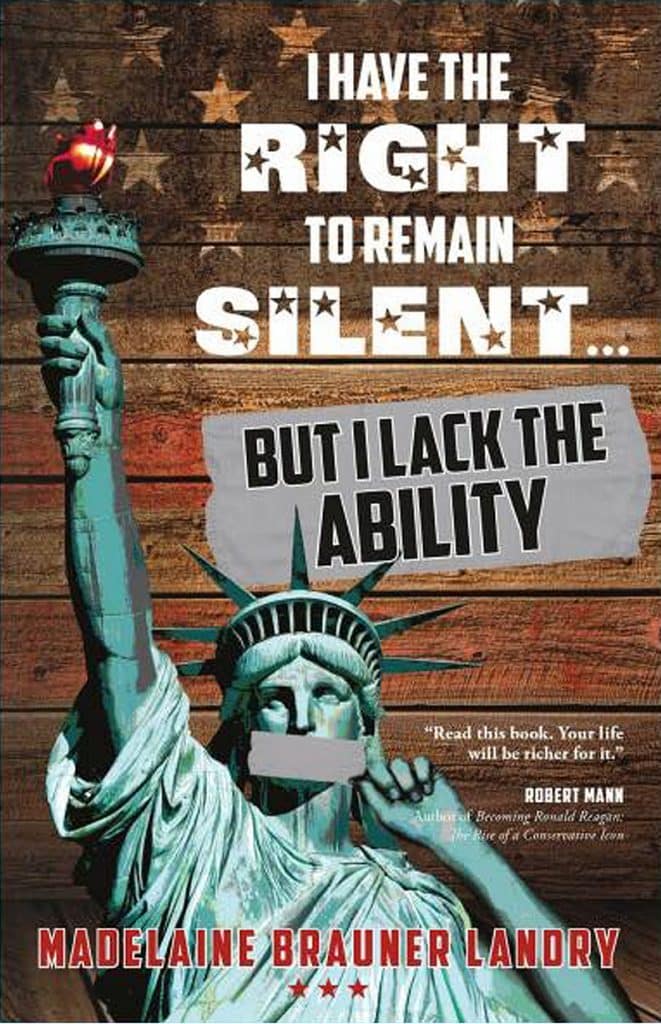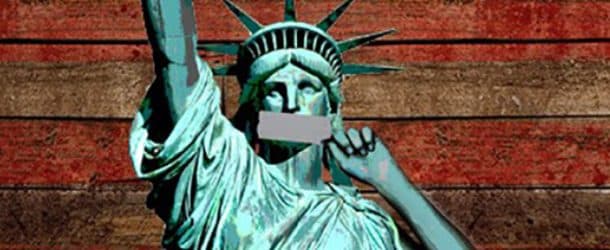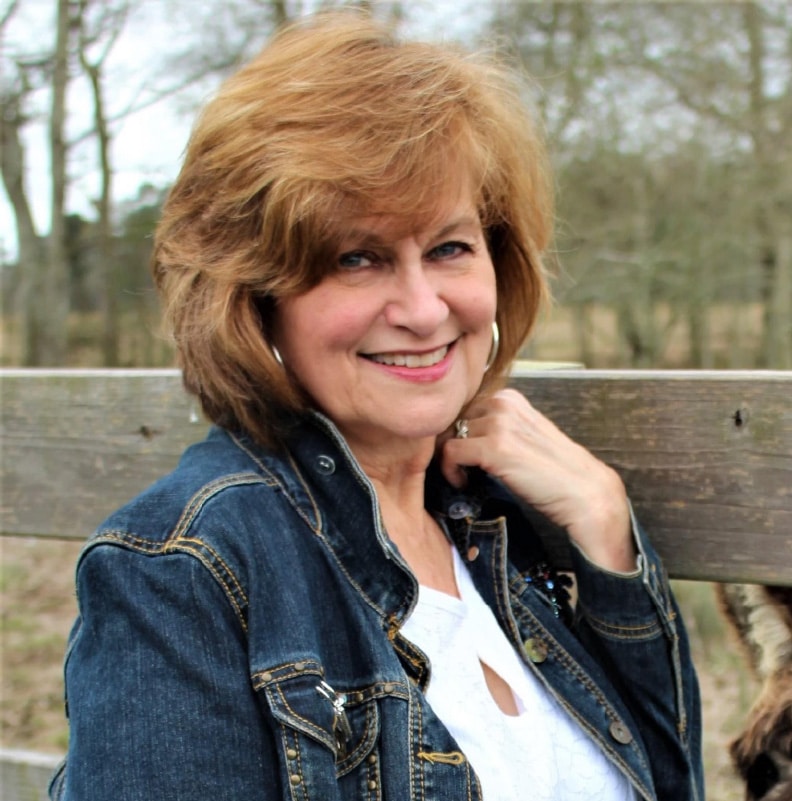A Conversation With Author Madelaine Landry
By Sabrina Dowies
Madelaine Landry was a third-grade student at St. Julian Eymard School in Algiers, La., when her principal announced the news of President John F. Kennedy’s assassination. She recalls well the images that flashed across her television. She was 8 at this time.
She understood this caused much distress for her nation. But what was she supposed to take out of this? Reflecting on this memory, Landry recalls the counsels of President Kennedy as to what citizens could do for their country. It was what ultimately gave her the courage to venture into politics and run as a candidate for police jury.
During my conversation with Landry, I admitted to her that during my growing up years I struggled to have a voice and lacked the knowledge to understand what was going on in our political world.
I have been that young adult, like so many others, who went into a voting booth only to pull out a piece of paper on which either Mom or Dad wrote the names I was to vote for. The last time I was motivated in voting was when Mitt Romney and Barack Obama were running for president.
I was leaning toward voting for Romney, but I had many family members telling me to not vote for a Mormon. I ended up not voting. To this day, I feel the deepest regret that I didn’t use my voice.
To Landry, this comes as no shock. She understands this is a common thing many young adults face in their lives. “… You are not alone,” was her comforting assurance.
Landry discusses what she hopes to accomplish through her book and how she wants to speak more about politics.
“I was raised with people having character, figuring out what your values are, what your moral compass points you to,” she says. “I do believe people, most people, act like politics is something dirty, something to avoid. But we cannot live in a world where politics do not exist. On a local level, when people need good roads to drive on, when they need to know their children are going to school with good teachers and administrators, that all involves politics.
“When I made the decision to run locally, I wanted to apply everything I learned from my childhood to my community and get to know the people within it. I wanted to get people on an eye-to-eye or face-to-face level to talk about the things that they felt needed to be addressed. Things like bad roads, or bridges that were out. I wanted to get people to talk about the things that concerned them, their family, their work and their neighborhood. My idea for running was for that.

Landry said of her writing, “If you’re a writer, it means you have something you want to talk about, something you want to write about. If you’re a writer and you enjoy working with words, then you have the ability to do that. That’s not everybody’s gift, we all have different gifts. This is my particular gift.
“Then you have to look at yourself and say, ‘Do I have the courage to talk about some of these things that need to be talked about?’ And again, politics is one of those issues. Our lives are affected by everything political. Every issue, every law that’s on the book, every policy has to start somewhere.
“What this book was for me was to talk about my experiences, to get everything down, to give people a little background about how I came to this point. Then from here, what can I and others do with this? Can we sit in groups and have civil debates, respect each other’s opinions and engage on a level where things can get done instead of things coming to a standstill because all sides can’t agree? Can we find compromise? Can we find areas where we cooperate with one another?”
I asked Landry to talk about a particular situation that stood out to her as she was running for office. She talks about the advice that her husband Tom and others gave to her — that she only had five months to reach out to people and knock on doors and that her communication should be limited.
One young man she came across gave her the typical cynical response that he was not interested in politics and had not voted in a long while.
Landry thought this man represented every young voter. She questioned him about what turned him off when it came to politics. She ended up spending long hours with this man listening to his concerns. He finally became interested in wanting to vote.
“I spent that one Saturday morning talking to that young man for hours. I had a lot of doors to go to, a lot of people to talk to, but it was worthwhile. Walking away, I felt there were a lot of young people like him out there. If we can engage them in ways to make them feel like they can make a difference, maybe they will become good voters and more educated on the issues and want to be more involved.
“I hope… when COVID-19 is over, I can do book readings and discussions at libraries. [I want to] get people engaged with one another and help them realize we are not enemies because we think different political thoughts. If people can get together on a local level and talk with one another, we can unify.
“My overall mission in writing the book is that I would really like to talk to people. And have them feel safe where they can discuss these things.”
I would really like that for myself — to learn more from other young adults such as myself who are still lost and struggling to understand this political world. To know more about our local leaders and what they stand for. To know what the issues and concerns are for our local communities. To be able to talk to more adults and learn from them; not be judged by them because of my lack of information. They can help guide and lead us to become more involved.
Landry and her husband Tom are current volunteer DJs at KBYS radio. They are known as Tom and Maddy of the “Rock ‘N Roll Gumbo Show.” They play live music every Saturday morning from 7 to 11 am on 88.3 FM. Landry’s book, I Have The Right To Remain Silent… But I Lack The Ability, is available for purchase. You can order it at porchtalkmbl@gmail.com.
















Comments are closed.